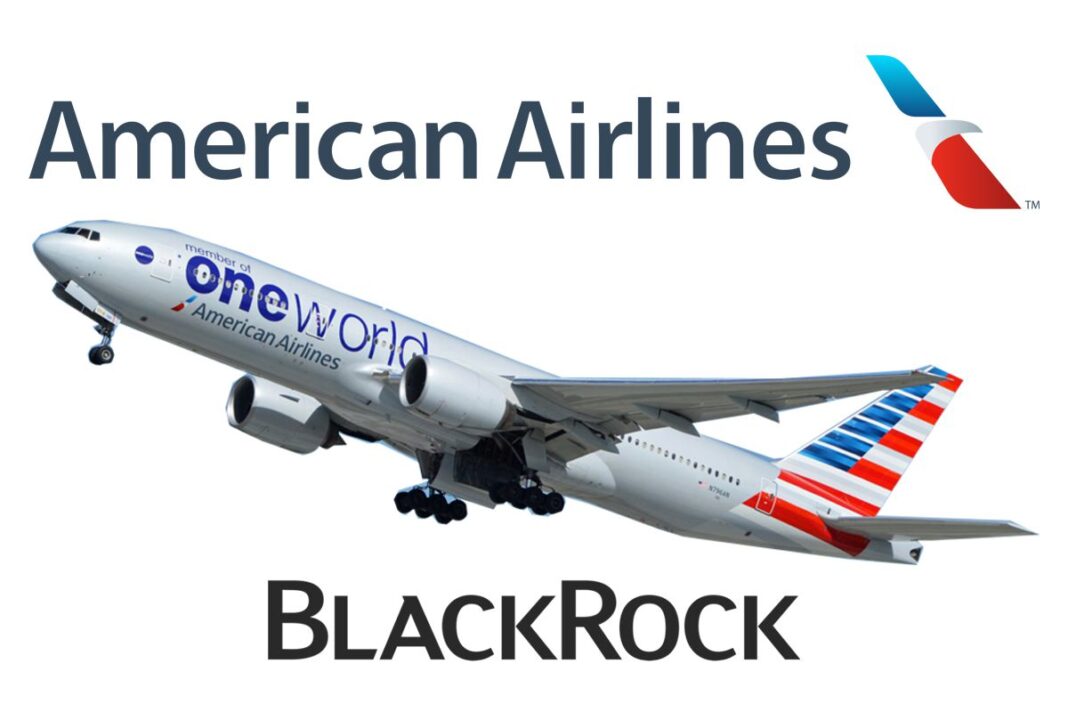ESG investments tend to underperform traditional funds by approximately 10 percent, the judge observed.
A district court has ruled that American Airlines failed to prioritize the financial interests of its employees’ retirement funds by enabling fund managers to pursue environmental, social, and governance (ESG) investments.
The judgment came as part of a 2023 lawsuit filed against American Airlines and the company’s Employee Benefits Committee. The class action alleges that the defendants violated their duty of loyalty under the Employee Retirement Income Security Act, which states that fiduciaries managing retirement investments must act in the best financial interest of the participants.
The defendants are alleged to have mismanaged their employees’ retirement assets—401(k) plans—when they hired investment managers pursuing ESG policies to handle the funds, especially BlackRock.
ESG looks at nonmonetary factors while making investment decisions. This includes a company’s carbon footprint and chemical emissions, how a business addresses LGBT interests and other political initiatives, and whether a company adopts such programs in its hiring practices.
The plaintiffs said BlackRock pursued an agenda to convert their retirement plans’ core index portfolios into ESG funds and that BlackRock’s actions harmed retirement plan participants because such investments pursued socio-political outcomes rather than financial returns.
On Jan. 10, Judge Reed O’Connor from the U.S. District Court for the Northern District of Texas agreed with the plaintiffs, saying “the facts compellingly demonstrated that Defendants breached their fiduciary duty by failing to loyally act solely in the retirement plan’s best financial interests.”
The defendants allowed “their corporate interests, as well as BlackRock’s ESG interests, to influence management of the plan,” the court stated.
BlackRock had managed roughly $11 billion worth of assets under American Airlines’ employee retirement plan by the end of 2022, according to the court document.
The case was filed by Bryan P. Spence, an American Airlines pilot who is a participant in the company’s retirement plan.
The judge said ESG investments often underperform traditional investments by roughly 10 percent.
“For instance, when compared to the S&P 500 and the Russell 1000 indices in 2023, ESG funds dramatically underperformed non-ESG funds, with ESG-related funds returning about 8 percent compared to about 14 percent for both indices,” the court stated.







